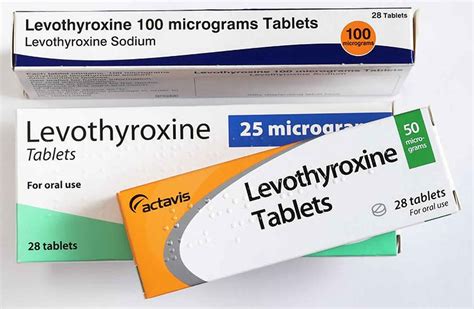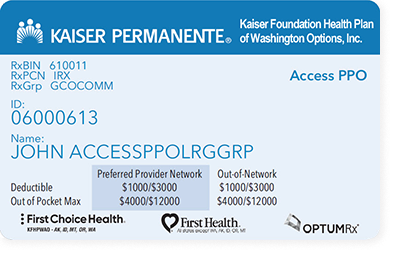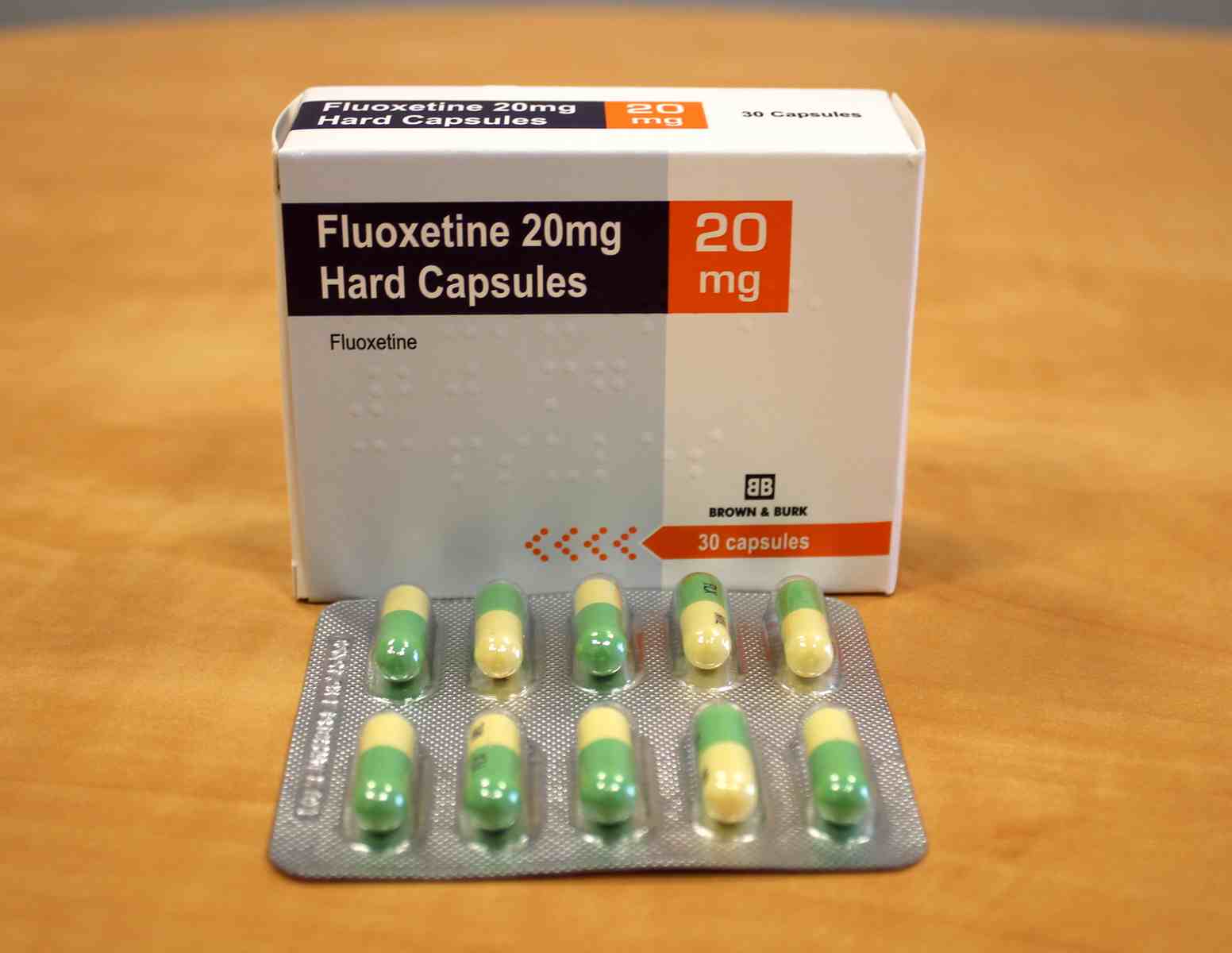What Is Levothyroxine Used For

Levothyroxine, a synthetic form of the thyroid hormone thyroxine (T4), plays a crucial role in managing thyroid-related disorders. The thyroid gland, located in the neck, produces two primary hormones: triiodothyronine (T3) and thyroxine (T4). These hormones are essential for regulating metabolism, energy production, and overall bodily functions. When the thyroid gland does not produce enough thyroid hormones, a condition known as hypothyroidism, levothyroxine is prescribed to supplement the deficiency.
Hypothyroidism can arise from various causes, including thyroid surgery, radiation therapy, certain medications, or autoimmune diseases like Hashimoto’s thyroiditis. The symptoms of hypothyroidism can vary but often include fatigue, weight gain, dry skin, hair loss, cold intolerance, and depression. By taking levothyroxine, individuals with hypothyroidism can experience relief from these symptoms, as the medication helps restore normal thyroid hormone levels in the body.
How Levothyroxine Works
Levothyroxine works by replacing the missing thyroxine (T4) hormone in the body. Once ingested, it is absorbed into the bloodstream, where it is converted into its active form, triiodothyronine (T3), by the body’s tissues. T3 is the more active form of thyroid hormone and is responsible for the majority of thyroid hormone activity in the body. The conversion of T4 to T3 allows levothyroxine to mimic the natural thyroid hormones, thereby regulating metabolism, growth, and development.
Uses of Levothyroxine
Treatment of Hypothyroidism: The primary use of levothyroxine is to treat hypothyroidism. By replenishing the deficient thyroid hormones, it helps alleviate symptoms and prevents complications associated with untreated hypothyroidism, such as heart disease and mental health issues.
Treatment of Goiter: Levothyroxine can be used to treat goiter, which is an enlargement of the thyroid gland. When the goiter is caused by hypothyroidism, levothyroxine helps reduce the size of the thyroid gland.
Thyroid Cancer Prevention: In some cases, levothyroxine may be prescribed after the removal of the thyroid gland (thyroidectomy) to prevent the growth of any remaining thyroid tissue, which could potentially become cancerous.
TSH Suppression: For patients with thyroid cancer, levothyroxine can be used at higher doses to suppress the production of thyroid-stimulating hormone (TSH) from the pituitary gland. Elevated TSH levels can stimulate the growth of thyroid cancer cells, so suppressing TSH production can help prevent cancer recurrence.
Administration and Dosage
Levothyroxine is usually taken orally, in the form of tablets or capsules, and is best absorbed when taken on an empty stomach, ideally 30 minutes to 1 hour before breakfast. The dosage varies among individuals and depends on factors such as age, weight, the severity of hypothyroidism, and the presence of other medical conditions. Regular blood tests are necessary to monitor TSH and free T4 levels, allowing healthcare providers to adjust the dosage as needed to achieve and maintain a euthyroid state (normal thyroid function).
Potential Side Effects
While levothyroxine is generally well-tolerated, potential side effects can occur, especially when the dose is too high. These may include weight loss, heat intolerance, nervousness, irritability, fatigue, headaches, and menstrual irregularities in women. It is crucial to work closely with a healthcare provider to find the right balance and minimize side effects.
Importance of Adherence
Adherence to the prescribed levothyroxine regimen is essential for effective management of hypothyroidism and prevention of potential complications. Patients should take their medication consistently, at the same time each day, and notify their healthcare provider about any changes in symptoms or the onset of side effects.
Interaction with Other Medications
Levothyroxine can interact with several medications, either by decreasing its absorption or altering its effectiveness. Examples of such medications include antacids, sucralfate, cholestyramine, ferrous sulfate, and aluminum hydroxide. Foods high in soy or fiber can also affect levothyroxine absorption. It is essential to inform healthcare providers about all medications and supplements being taken to ensure safe and effective treatment.
Conclusion
Levothyroxine is a vital medication for individuals with hypothyroidism, offering relief from symptoms and helping to restore normal metabolic functions. By understanding its uses, administration, potential side effects, and the importance of adherence, patients can better manage their condition and improve their quality of life. Regular communication with healthcare providers ensures that levothyroxine therapy is tailored to meet individual needs, optimizing its benefits while minimizing risks.
FAQ Section
What are the common symptoms of hypothyroidism that levothyroxine helps to alleviate?
+Common symptoms of hypothyroidism include fatigue, weight gain, dry skin, hair loss, cold intolerance, and depression. Levothyroxine helps to relieve these symptoms by replacing the deficient thyroid hormones in the body.
How long does it take to start feeling the effects of levothyroxine?
+The time it takes to start feeling the effects of levothyroxine can vary among individuals. Some people may notice improvements within a few weeks, while for others, it may take several months to achieve full therapeutic effects.
Is levothyroxine a medication that I will have to take for the rest of my life?
+For most people with hypothyroidism, levothyroxine is a lifelong medication. The dosage may need adjustments over time due to changes in thyroid hormone levels or other health conditions. Regular follow-up with a healthcare provider is essential to manage the condition effectively.
Can I take levothyroxine with other medications or supplements?
+It’s crucial to inform your healthcare provider about all the medications and supplements you are taking. Certain substances can interact with levothyroxine, reducing its effectiveness or increasing the risk of side effects.
What happens if I forget to take my levothyroxine dose?
+If you forget to take a dose, take it as soon as you remember. However, if it’s close to the time for your next dose, skip the missed dose and continue with your regular dosing schedule. Never take a double dose to make up for a missed one.
How often should I have my thyroid levels checked while on levothyroxine?
+Regular monitoring of thyroid hormone levels, typically every 6-12 weeks after starting or adjusting levothyroxine, is necessary to ensure that the dosage is appropriate and to make any needed adjustments.



